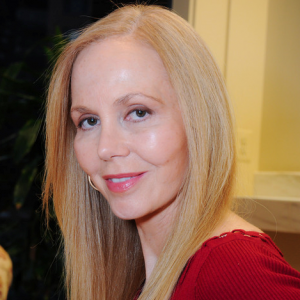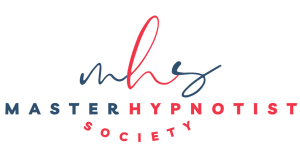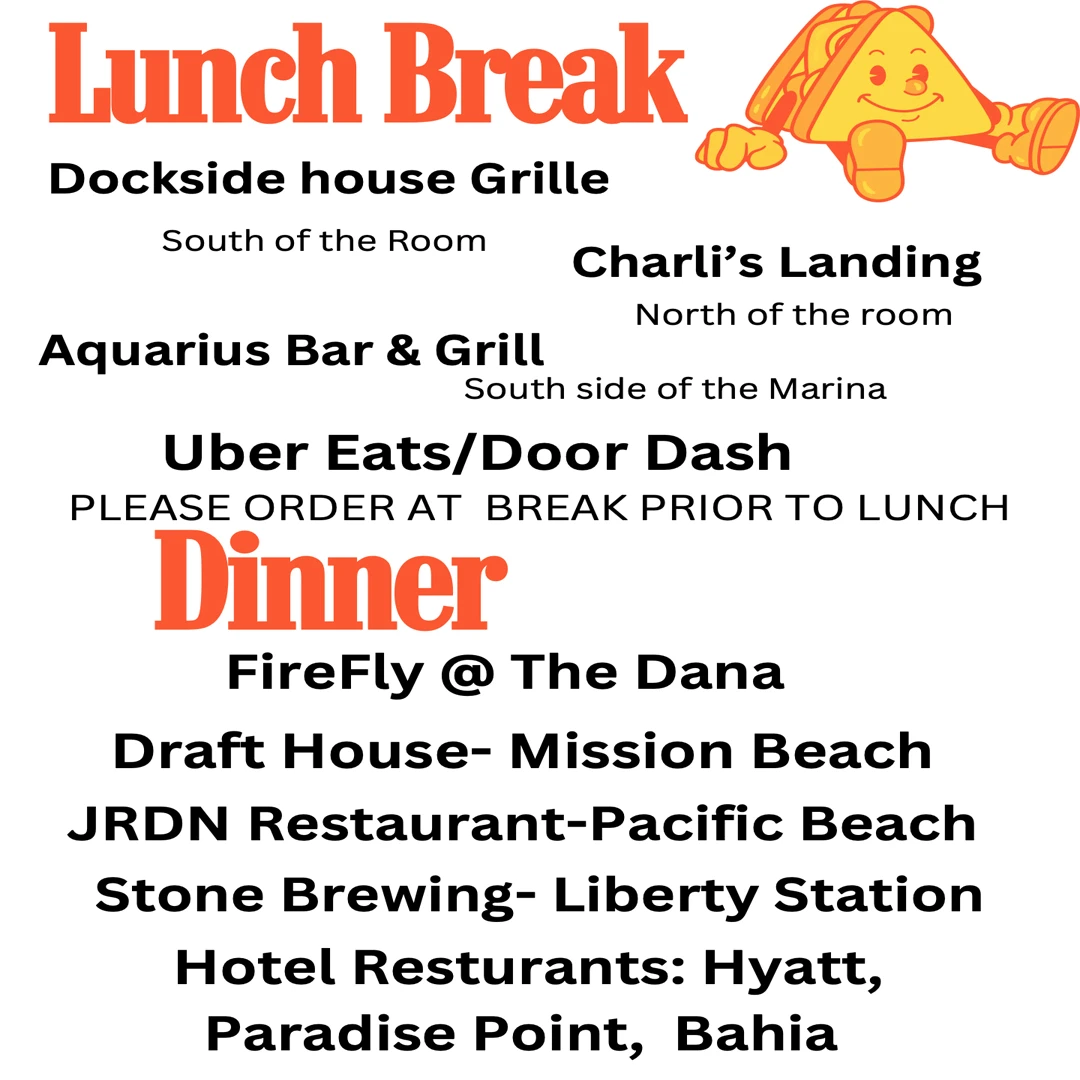How Did You Become a Hypnotist?
This is a question that hypnotists often hear. It’s a fair question. After all, ‘hypnotist’ is one of those professions that everybody knows somebody does, but most people have never actually met someone who does it. There is something fascinating about it. Hypnosis has an air of mystery and magic – some of it legitimate and some distorted by fictional lore.
Hypnosis has a huge fan base of advocates and among them some of the most successful people in the word! History tells many stories of how a hypnotic trance revealed an epiphany of genius advancing the future of innovation. And the field of medicine has baffling anecdotal records of patients who used self hypnosis to achieve spontaneous remissions when all else failed.
It has also been dismissed by uninformed naysayers; held in contempt by superstitious alarmists, believed to be shrouded in cryptic secrecy by its adepts and has sometimes even evoked fear of a sinister Svengali who can take take over the mind!
Hypnosis holds intrigue. Both earned and unearned. It conjures images of relaxation, phantasm and thrill all at once. People are curious. And speculation of the answer to the question, “How did you become a hypnotist?” enthralls the uninitiated. At a social gathering one of the most hackneyed questions is: “What do you do for a living?” but when the answer is: “I’m a hypnotist,” the conversation goes silent for a millisecond, people within earshot turn to look and the small conversation group grows larger. Clearly this is someone to be reckoned with!
People begin to ask questions curious about hypnotic phenomenon. The discussion can get pretty lively! Those who have tried it love to share their experiences and those who have not want to know more. After several shares of how they quit smoking after 25 years or their friend lost 60LBS using hypnosis; and after fielding a few questions such as “Does it really work?” or “Is the movie Get Out accurate or “Do you black out in hypnosis?” (Yes, No and No) someone will ask: “How did you become a hypnotist?” The answer is much more complex than can be conveyed in an elevator speech. It requires a bit of qualification.
Learning hypnosis techniques is easy and classes can be found in every format. But becoming a hypnotist……that is something else entirely.
Being a hypnotist requires more than just knowing technique.
A hypnotist has finesse in implementing individualized techniques to get results. Think of hypnosis techniques as an artist’s box of paints and brushes. What is done with them can be magical or a mess! A hypnotist understands the artistry required and adjusts his approach in an orchestration of energies in partnership with the client directing them toward their desired outcome.
Like an apprentice lapidarian learning to cut diamonds, the basic techniques are taught and practiced under the supervision of an expert.
Learning to cut a facet is not enough, though. Every diamond is different. A true diamond cutter carefully observes and studies each rough to discover its internal graining, inclusions and potential light performance before deciding where and how to cut and polish. His work is to bring out the brilliance from what to the untrained eye is a rather plain rock. Every new rough presented to the student has lessons hidden beneath it surface. He confers with his mentor for insight and instruction and carefully executes the skills as instructed. There is enormous value in the piece of rock in his hand and his task is to reveal it! Similarly, becoming skilled with hypnosis and NLP techniques take practice, repetition and supervision. It requires trial and error. It requires perseverance to the point that the skills become “unconsciously competent” (doing them so often they are as natural as tying your shoes.) And it requires fearless self assessment and the ability to assimilate feedback.
Yet technical skill is not enough. There is an enormous gap between learning how to successfully hypnotize an individual and being a hypnotist. I’s not just hanging a shingle. Becoming a hypnotist is a personal transformation! It is deliberately and fully converting to a specific set of beliefs, attitudes, values, ethics, perceptions and behaviors. The hypnotist must be able to release personal biases, become devoid of judgement and observe from a position of almost childlike curiosity all the while referencing empathy, intuition and training to accurately interpret the client’s nonverbal communications. The hypnotist develops optimal behavioral flexibility in himself so he can shift his state to gain rapport, or to elicit emotions and responses to spark enlightenment. The hypnotist needs to understand how each client’s mental strategies, reactions and emotions operate so that he can engage in their world. And a hypnotist is a consummate observer of people and can quickly identify the motivational, behavioral, learning and communication type of the individual in his chair. Taking notice of the underlying needs that drive the client’s decisions, he or she can accomplish what appears to be a miracle with effortless effort. Conversational hypnosis feels natural, deep trance like a lucid dream, NLP reveals the sight that cannot be unseen and release of an old rigid habit….final.
To do all of this, a wise hypnotist knows that he must turn to source outside himself to become truly professional. The kind of professional maturation that develops the hypnotist mindset can only be accessed by learning from someone who has already established it in themselves – in short, an experienced mentor. A mentor can observe you from an objective position; they know the terrain and can get you through the passage to where you need to go. The mentor takes a personalize approach and gets to know your innate character, studies the nuances of your development then expands and refines your talents. In a mentorship program you not only become a hypnotist with all of the personal and professional advancement that comes with it, but you also raise your business acumen, balance life and career goals, are challenged to escalate the limits of your capabilities and continuously increase proficiency. In a mentorship program you integrate professional level learning and development of your potential with living your best life.
So now the question arises: How does a hypnotist find the right mentor? For me, it came like an illuminated path straight to the Master Hypnotist Society. Like most hypnotists, I signed up for a certification training for hypnosis. The training was good, but when it was over I was unsure of what to do next. I continued taking various supplemental weekend classes with different instructors. There were more certificates and learning for sure, but I was wishing I knew of a way to find the bridge from where I was to a professional career – you know, some kind of next level immersion into learning hypnosis. I instinctively understood that I wasn’t ready yet to take the plunge into making it a career and searched to find the breakthrough I needed. A few months after my initial certification as a hypnotist, went to the National Guild of Hypnotists convention. There I ran into my first instructor and we sat down to talk. She asked me if I was working professionally yet. I answered, “No, I’m still practicing.” Emphatically she slapped her hand on the table, “Stop it! You’re ready to go professional now!” I was shocked! I did not see myself anywhere near ready, but she insisted that I was. That’s when she suggested I look into the Master Hypnotist Society. She had heard some impressive reports. She said the group was known to consist of enthusiastic, highly trained professionals and the individually owned clinics were extremely profitable. She said some of the most successful hypnotist in the country were mentored in this exclusive group and their culture was one of support and collaboration. Their reputation for success in the hypnosis industry was well above that of the average professional and attribute their success to their participation in the MHS.
I was definitely interested, everything she described was what I knew I needed. Later that day I went to a class where the MHS founder, Scott McFall was demonstrating. I was astonished! Several members of the MHS were there and afterward I had the opportunity to speak with some of them. “This is where I will be learning!” I thought to myself. The rest is history.
Four months after my introduction to the Master Hypnotist Society, I opened the doors to my clinic, District Hypnosis, in an area that is best described as the high rent business district of Washington, DC. This was a gutsy move for me, but the encouragement, insight and instruction I got from the MHS prepared me to take the plunge and I was confident that this was a good decision. It was, in fact, one of the best decisions I made in my life.
I feel very grateful to my first instructor for steering me toward the Master Hypnotist Society. Had she not, my life would not be what it is today. And my life today is better, happier and more fulfilling and purposeful than it has ever been. I love what I do and have over the past years seen thousands of clients and a multitude of extraordinary transformations. I would have never become a hypnotist had it not been for the Master Hypnotist Society. Without this continued support and mentorship throughout my career, I likely would have remained immobilized only to become one of the majority of certified hypnotists who never build a professional practice.
And that’s how I became a hypnotist

About the Author
District Hypnosis offers individualized hypnosis sessions and classes designed for people with demanding lives who want and are willing to commit to personal excellence and/or professional achievement. District Hypnosis offers hypnosis programs for qualified individuals as well as Hypnosis and NLP trainings in group, private and online venues. A limited number of trainee/applicants will also be eligible for the mentorship program.

